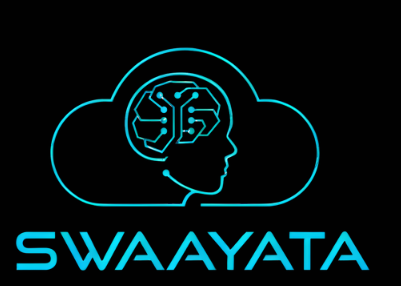HEALTHCARE SERVICES: Patient Records And Compliance
HIPPA, a healthcare standard mandated by law, ensures data privacy standards to safeguard patient health data and maintain individual privacy, fostering trust between patients and healthcare providers to protect sensitive data from disclosure. Security procedures, access control and patient consent to share medical history and treatments with healthcare providers becomes extremely important.
Critical healthcare data categories include:
- Electronic Health Records (EHR) containing medical information like diagnoses, history, test results, and treatments.
- Personal Identifiable Information (PII) with patient details such as name, birth date, address, email, phone number, and medical ID.
- Protected Health Information (PHI) encompassing health status, treatment, diagnosis, test results, and other health details vital for patient care.
For quick and efficient patient care, timely access to this data is crucial. Security protocols, access control, and patient consent for sharing medical history with healthcare providers are essential. The timely access should guarantee a level of safety and the capability of the system to deliver the information promptly. An SLA for such type of data is expressed as 100% Encrypted and 300 ms Response Time requirement. This requirement is strict and essential for swift patient care in a life-threatening emergency. Conversely, with outpatient care that typically does need quick action and is not life threatening, the SLO may vary slightly.
Life-threatening Situation:
- SLO Response Time – 300 ms
- SLO Data Encryption – AES-256, A Fast Algorithm
- SLO Access Control – Roles: Doctor on duty and the Nurse providing urgent care
The total access time for retrieving the patient record is 300 ms, covering correct key retrieval, record identification, storage retrieval, identity verification, role authentication, and timely display of treatment history, prescribed medicines, and other personal details like allergies. By prioritizing PHI containing medical history and medications over personal information like addresses, strategically storing PHI in faster storage and PII in slower storage, given the short response time requirement.
Outpatient Situation:
- SLO Response Time – 2000 ms (2 seconds)
- SLO Data Encryption – AES 256
- SLO Access Control – Roles: Nurses and the patient’s doctor
The status quo for remediation procedures in the above scenarios involve manual and semi-automated processes, where manual steps could have serious implications on the timing and quickness also introducing errors affecting the speed and accuracy of securing, displaying, and providing medical treatment.
Data management must ensure secure, reliable, and swift handling in both scenarios, with a focus on managing SLOs promptly.
AIMSLO can be trained to adapt to different situations while meeting SLO targets.
